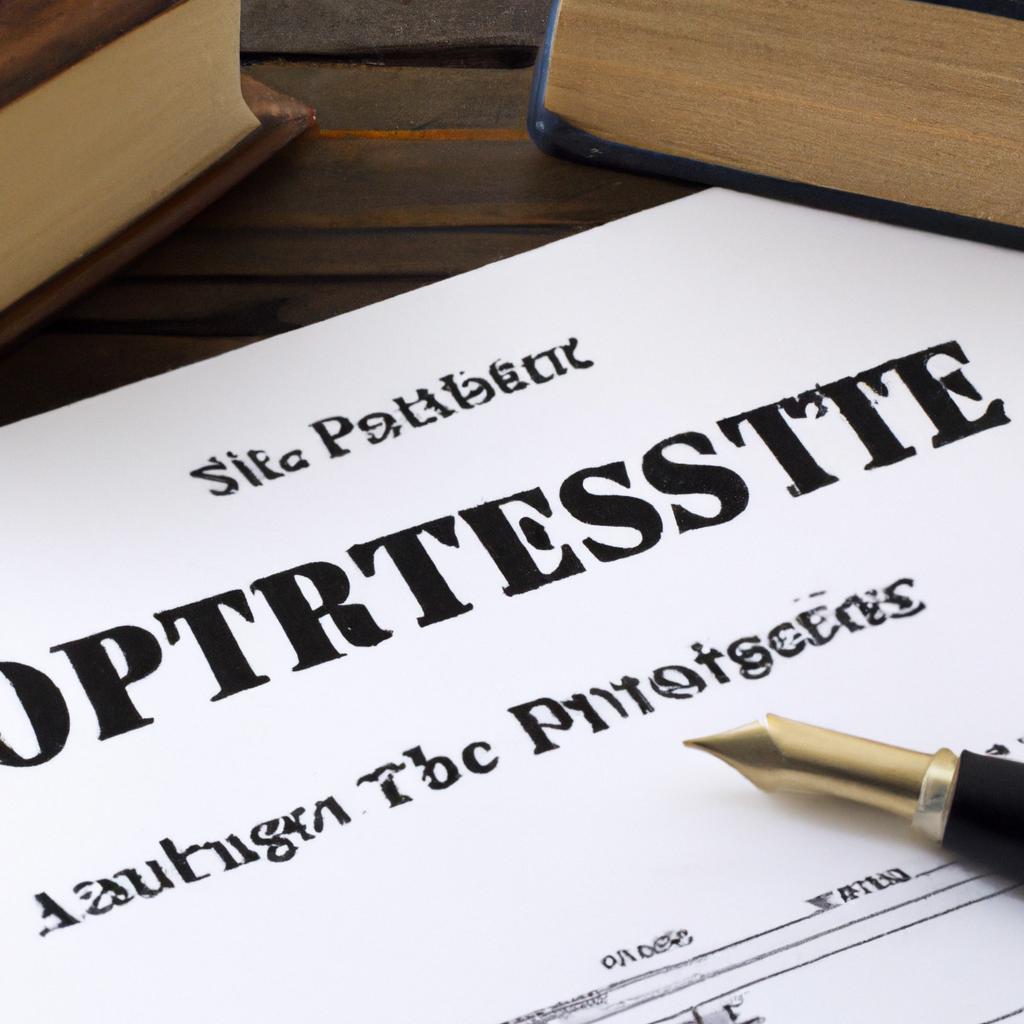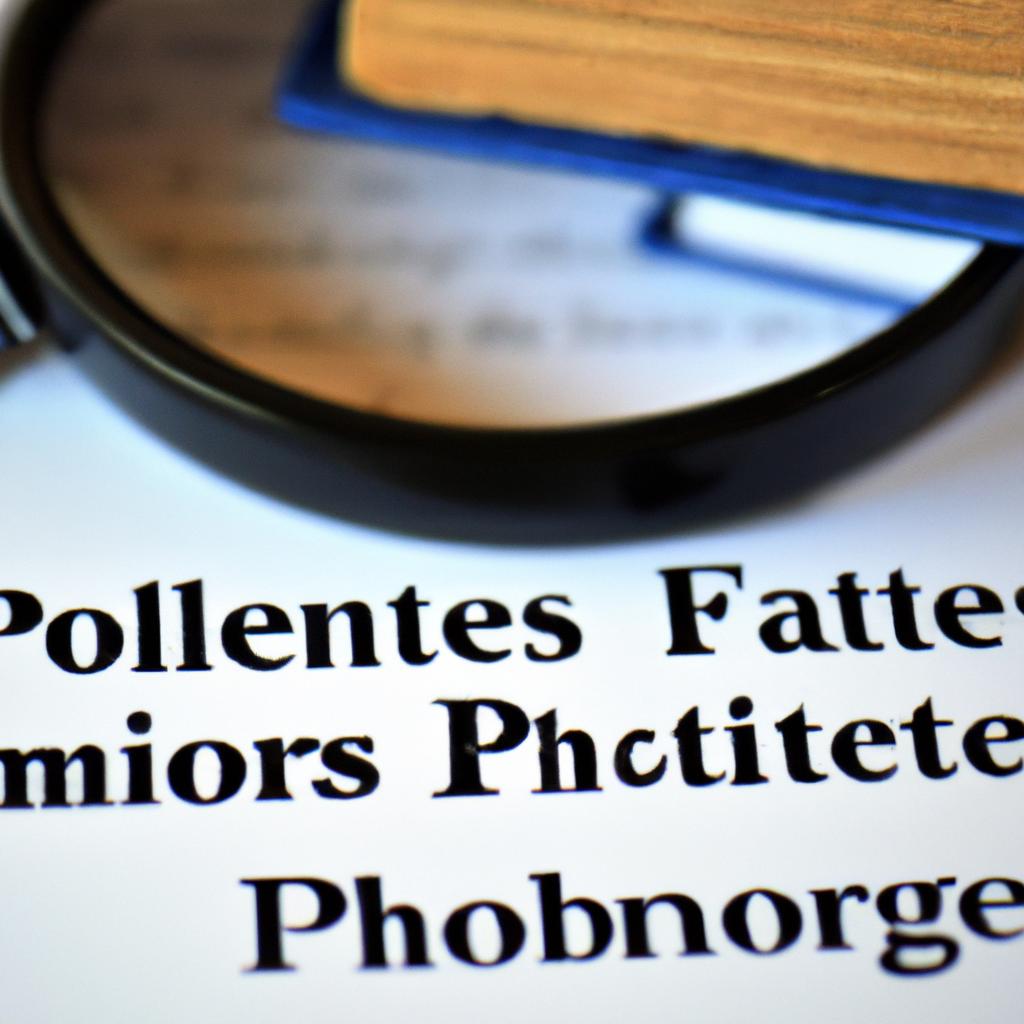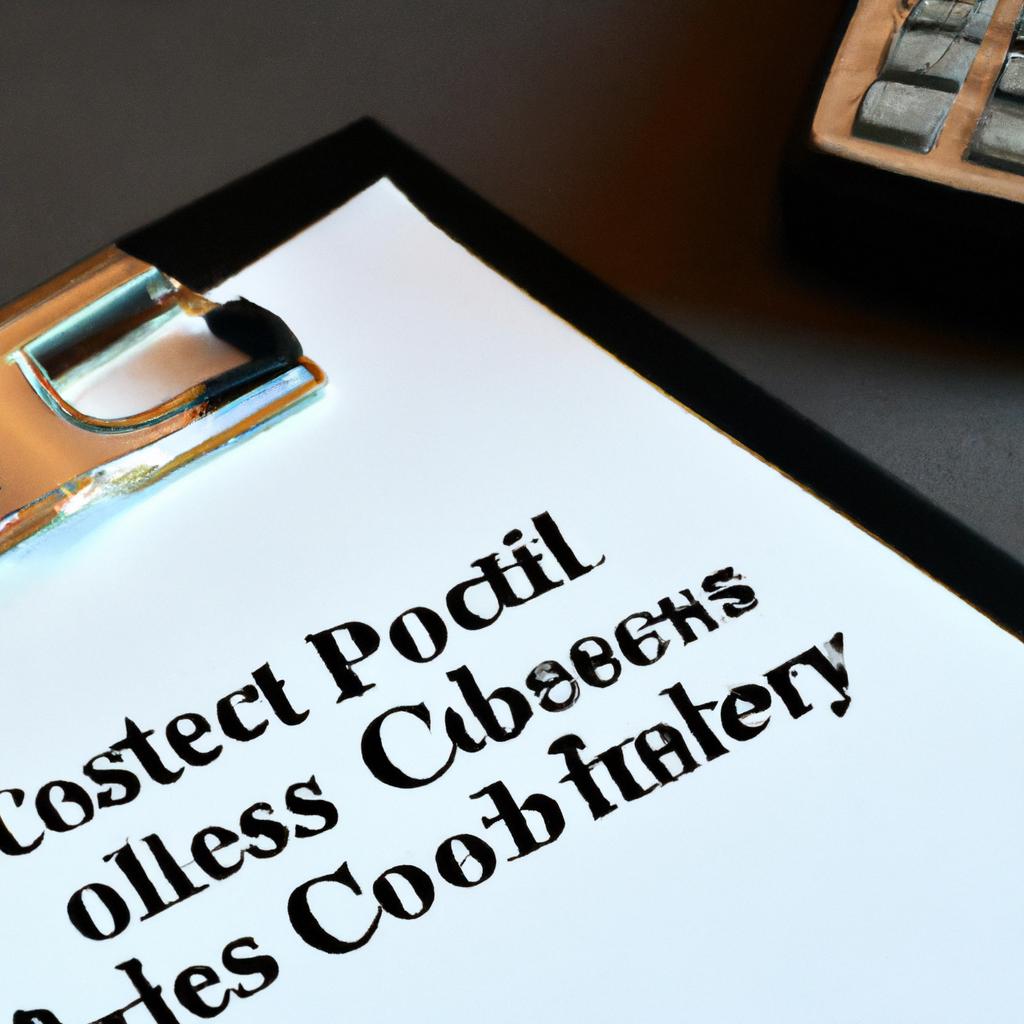Probate, often shrouded in mystery and confusion, is an essential legal process that ensures the orderly distribution of a deceased individual’s assets and settles any outstanding debts. As experienced lawyers in the field of estate planning at Morgan Legal Group in New York City, we understand the complexities and nuances of probate law. In this article, we will delve into the intricacies of probate, shedding light on its importance and guiding you through the key steps involved in this critical process.
Understanding the Probate Process in New York State
Probate in New York State is the legal process of administering the estate of a deceased individual. It involves proving the validity of the deceased person’s Will, or if there is no Will, determining how the deceased individual’s assets will be distributed according to the state laws. Probate can be a complex and time-consuming process, so it is essential to understand the steps involved to navigate it successfully.
During the probate process in New York State, the following key steps are typically involved:
- Filing the Will: The deceased person’s Will is filed with the Surrogate’s Court in the county where they resided.
- Appointment of Executor: The court appoints an Executor, who is responsible for managing the estate and ensuring that the deceased person’s wishes are carried out.
- Notifying Creditors and Beneficiaries: Creditors and beneficiaries are notified of the probate proceedings, and any debts or claims against the estate are addressed.
- Inventory of Assets: The Executor creates an inventory of the deceased person’s assets, including real estate, bank accounts, stocks, and personal property.

Challenges and Common Misconceptions in Probate Proceedings
The probate process can often be filled with challenges and common misconceptions that can complicate proceedings for individuals and families. One common misconception is that having a will in place means that assets will automatically pass to heirs without the need for probate. In reality, even with a will, the probate process is typically still required to transfer assets to beneficiaries.
Another challenge in probate proceedings is the potential for disputes among family members over the distribution of assets. Without a clear and legally valid will, family members may disagree on how assets should be divided, leading to prolonged probate proceedings and potential litigation. It is important for individuals to work with experienced probate attorneys to navigate these challenges and ensure a smooth probate process.

Strategies for Minimizing Delays and Costs in Probate
When it comes to navigating the complexities of probate, there are several strategies that can help minimize delays and costs for all parties involved. One effective approach is to encourage open communication and collaboration among beneficiaries and executors. By fostering a cooperative environment, potential conflicts can be mitigated, leading to a smoother probate process.
Additionally, taking proactive steps such as:
- Completing a thorough inventory of assets
- Ensuring all required documents are in order
- Regularly updating beneficiaries on the progress of the estate
can help avoid unexpected setbacks. By staying organized and well-informed, the probate process can be more efficient and cost-effective, ultimately benefiting all parties involved.

Key Considerations for Choosing an Experienced Probate Attorney
When selecting an experienced probate attorney, there are several key considerations that should not be overlooked. First and foremost, expertise in probate law is essential. An attorney with a deep understanding of the complexities of probate proceedings, including estate administration, distribution of assets, and resolving disputes, can help ensure a smooth and efficient process.
- Experience in probate law
- Knowledge of estate administration
- Ability to handle asset distribution
- Skills in resolving disputes
Additionally, it is crucial to choose an attorney who possesses strong communication and negotiation skills. Effective communication with all parties involved, including beneficiaries, creditors, and other interested parties, is vital in navigating the probate process successfully. Moreover, the ability to negotiate and mediate disputes can help avoid costly litigation and achieve a fair resolution for all parties.
- Strong communication skills
- Effective negotiation abilities
- Mediation expertise
- Understanding of beneficiary rights
Q&A
Q: What is probate and why is it necessary?
A: Probate is the legal process of administering the estate of a deceased person, ensuring that their debts are settled and their assets are distributed according to the terms of their will. It is necessary to validate the will and transfer ownership of assets to the beneficiaries.
Q: How long does probate typically take?
A: The duration of probate can vary depending on the complexity of the estate and any potential challenges from beneficiaries or creditors. On average, probate can take anywhere from a few months to a few years to complete.
Q: What are the responsibilities of an executor during the probate process?
A: An executor is responsible for identifying and inventorying the deceased person’s assets, paying off debts and taxes, and distributing remaining assets to the beneficiaries according to the terms of the will. They must also file necessary legal documents and communicate with beneficiaries and creditors.
Q: What happens if someone dies without a will?
A: If someone dies without a will, their estate will go through the probate process known as intestate succession. State laws will dictate how the deceased person’s assets are distributed among their heirs, typically starting with a spouse and children.
Q: Can probate be avoided?
A: Probate can be avoided through various estate planning strategies, such as establishing a living trust, designating beneficiaries on financial accounts, and creating joint ownership of property. However, even with these measures in place, some assets may still need to go through probate.
In Retrospect
In conclusion, probate may seem like a daunting process, but with the right guidance and patience, it can be navigated smoothly. Remember, probate serves to ensure that a deceased individual’s estate is distributed according to their wishes and the law. By understanding the key concepts and steps involved in probate, you can approach the process with confidence and peace of mind. If you have any questions or need assistance, don’t hesitate to seek professional help. Thank you for reading and good luck on your probate journey!

